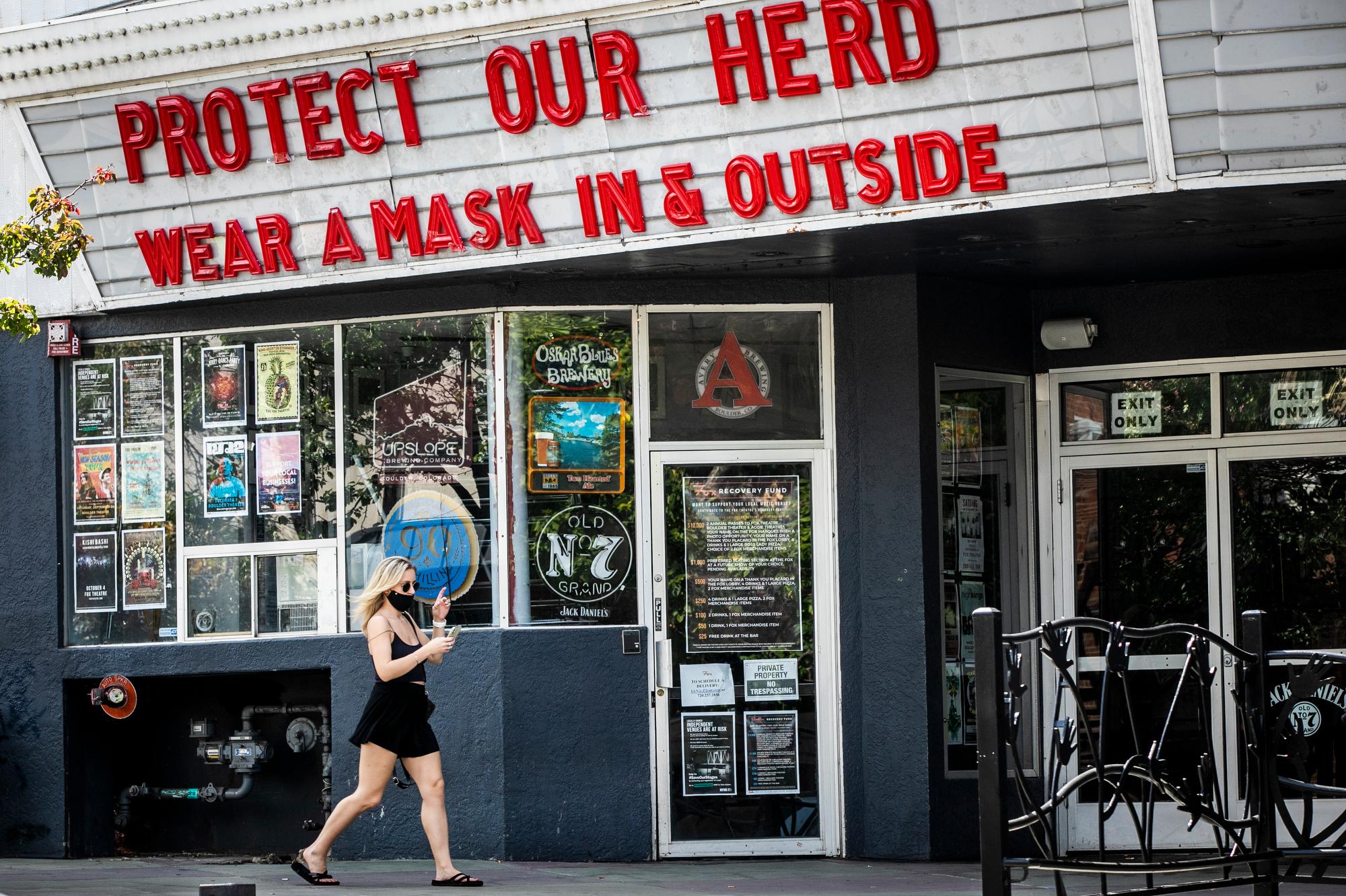
The University of Colorado Boulder announced Thursday it will start its spring semester later, cancel the traditional spring break and instead spread out days off for students in an effort to curb the spread of travel-related coronavirus infections.
The spring semester begins Jan. 14, three days later than originally planned and will continue with a mix of in-person, remote and hybrid instruction.
"Opting out of spring vacation was a difficult decision. However that decision was made keeping in mind the health and safety of our students, our faculty and our staff,” said Chancellor Phil DiStefano, adding that the decision was made in conjunction with local public health officials.
The week-long spring break will be replaced with the later semester start and two days off on Feb. 17 and March 25.
Officials said the focus during the first semester was on keeping students physically safe through testing and monitoring for COVID-19. They recognized the need to focus more on the social and mental health needs of students during the second semester.
“They’ve gone through a difficult time in the past several weeks to months with having more limited social interaction under the public health orders,” said Patrick O’Rourke, CU’s interim executive vice chancellor and chief operating officer.
The university is planning more student events and intramural sports. Instead of grab-and-go take-out meals, students may be able to reserve in-person dining with sizes dependent upon local health guidance.
“We think it’s going to be a much better experience,” O’Rourke said.
The university will also spend $1.8 million to expand the number of mental health counselors for students over the next four years.
Russell Moore, provost and executive vice chancellor for academic affairs, said the mental health focus reflects an increased need for psychological services on campuses nationwide.
“We’ve been used to, for so many years, working closely together and having made this radical change in behaviors on campus, it’s not as natural as we’d like it to be, so this adds additional stress on students, faculty and staff.”
Officials say roughly a quarter of classes will be in-person, a quarter hybrid, which is a mix of in-person and remote, and roughly half of class offerings will be remote.








